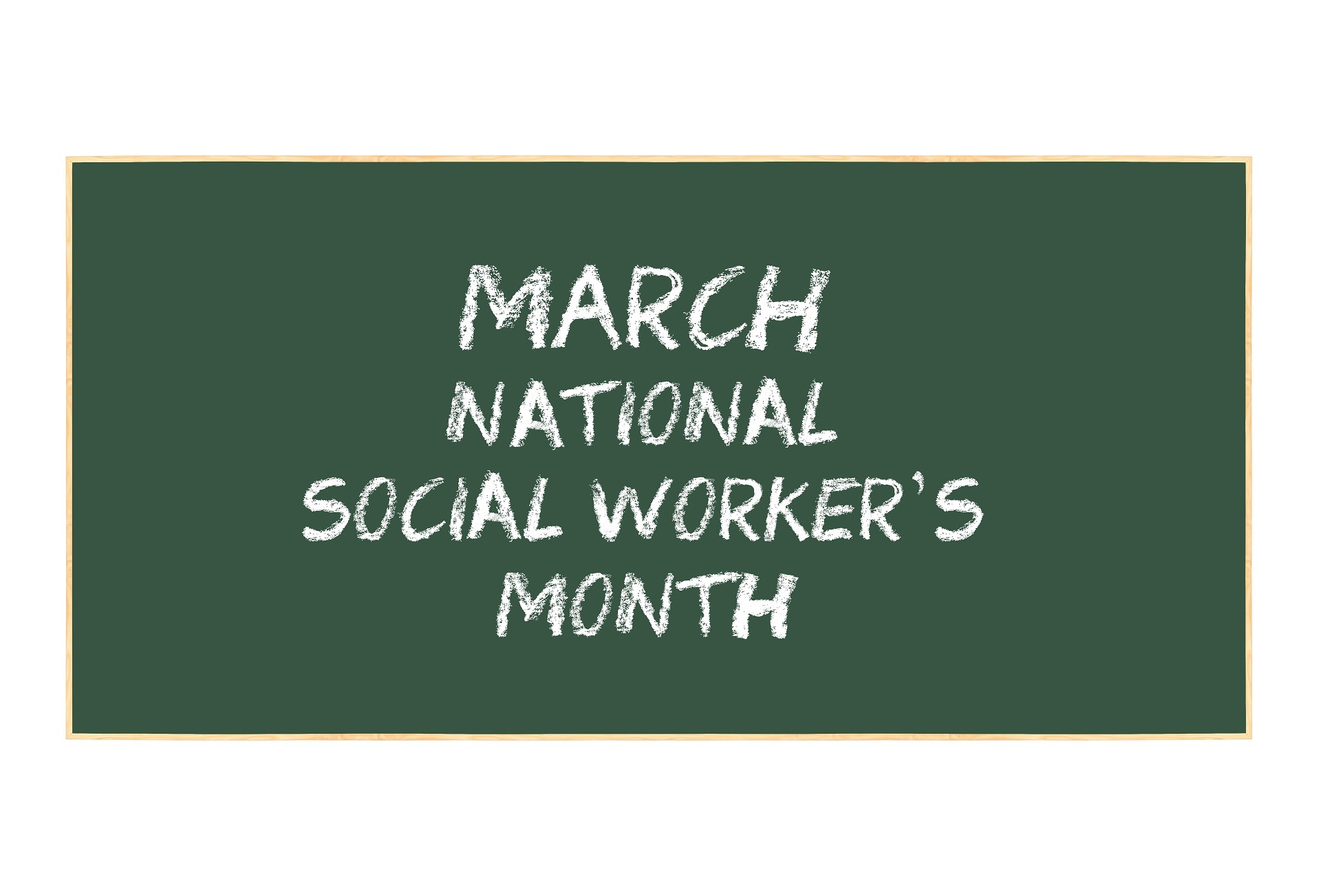5 Tips to Reduce Fall Risks in Older People
Falls are the leading cause of fatal and non-fatal injuries for seniors, leading to at least 30,000 deaths every year. Sadly, falling once doubles your chances of falling again.
Your fall risk increases with age because of lost muscle strength, diminishing senses, blood sugar problems and the side effects of certain medications. Now with winter approaching, there are additional risks for falls such as ice and snow.
Let’s look at some of the ways that you can reduce your fall risk and keep yourself more active and independent.
1. Work on Building Strength
The leg and hip muscles are some of the more important muscles to strengthen because they will help you catch yourself if you do start to fall. Consider enrolling in a strength program for older adults online or with a physical therapist.
Activities that work on balance and coordination are also important, such as walking, water workouts or tai chi. You can also ask your visiting physician services about an exercise program that can help with fall prevention.;
2. Create a Safer Home Environment
It’s important to reduce fall risks at home as this is where you spend most of your time. Here are some tips to implement:
- Pick up clutter around the home
- Install grab bars and handrails in the bathroom
- Remove tripping hazards like slippery area rugs
- Install brighter light bulbs where needed
- Place non-stick mats in bathrooms and kitchens
3. Improve Your Balance
Dynamic balance refers to the ability to maintain a position while moving, such as walking or throwing a ball. The easiest way to improve dynamic balance is to practice tai chi, an Asian mind-body exercise. You can also improve your balance by walking in a grapevine pattern, changing directions suddenly and walking backward.
4. Pay Attention to Your Medications
More than half of seniors take four or more prescription medications. Some of the medications you take may have interactions with each other, or they may create side effects of their own that can make you dizzy or cause a drop in blood pressure. Follow up with your doctor regarding your medications and be aware of their side effects and drug interactions.
5. Visit the Eye and Ear Doctor
Finally, be sure to schedule an appointment with your eye and ear doctor. As people get older, they experience changes in color and depth perception, and this can make it easier to fall and get hurt. Mild hearing loss can also raise the risk for falling. By seeing your doctors, you can make sure that you have the proper prescription and hearing aids.
What Happens if You Do Fall?
If you do fall, the National Institute on Aging recommends taking several deep breaths and remaining still for a few moments. This allows you to take note of any injuries. If you hit your head or feel dizzy or nauseous, call the paramedics right away. Otherwise, you may get up slowly while holding onto something. Always call your doctor after a fall so that they can determine if you need a formal evaluation.



